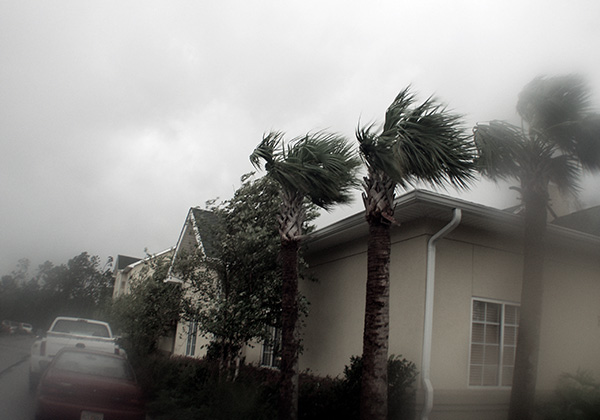This tip sheet was created thanks to generous support from Eli Lilly and Company.


Healthcare Ready
1325 G St NW, Suite 500
Washington, DC 20005
1-866-247-2694
Email: ContactUs@HealthcareReady.org
Media: News@HealthcareReady.org
Healthcare Ready is approved by the Internal Revenue Service as a 501 (C)(3) tax-exempt organization, and all donations are tax deductible to the extent provided by law.
Healthcare Ready’s Federal Identification Number (EIN) is 46-3134601
© 2023 HEALTHCARE READY. ALL RIGHTS RESERVED | Privacy Policy | Terms of Use.